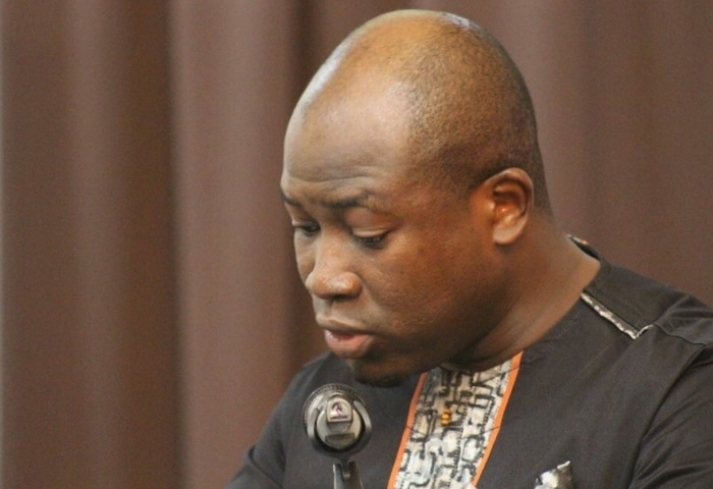
Leriba analysts Thulani Mutopo and Stuart Theobald give an insight into the potential investment opportunities in the pension industry in Ghana
Ghana
Reform of Ghana’s pension fund system, which began in 2009, is starting to unlock further investment opportunity in one of Africa’s fastest growing economies. The reforms provide significant opportunity for insurance and investment firms in the country.
In 2009, a new three-tier pension scheme (click figure to enlarge) was launched following the enactment of the National Pensions Act, 2008 (Act 766),which affected all workers and changed the landscape of Ghana’s pension market previously dominated by the Social Security and National Insurance trust (SSNIT).
Towards an inclusive economy3 Tier pension scheme
The regulatory changes have opened up the pensions market by including the previously excluded informal sector which covers 80-90% of the working population in Ghana. Under the New Tier 2 and Tier 3 schemes, the growth in the size of the potential pension market provides an opportunity for insurance companies, banks, and other participants in the financial services industry to operate either as trustees, fund managers or custodians. The management of the pension scheme has been decentralized from the state (SSNIT) to include privately managed institutions like LeapFrog Investments which recently acquired a stake in Petra Trust. As of February 2014, the National Pension Regulatory Authority (NPRA) confirmed that there are 86 service providers in the pension market consisting of:
25 licensed corporate trustees (including 9 provisional approvals)
46 registered pension fund managers (including 10 provisional approvals)
15 registered pension fund custodians (including 1 provisional approval)
Savings mobilisation
The reforms are intended to mobilise savings in Ghana. The regulations allow for up to 35% of a worker’s income to be directed to pension savings, exempt from taxation.
This tax incentive aims to encourage more workers to subscribe to the three-tier pension scheme. Pension reform is expected to boost savings fivefold by 2017. Government hopes a higher domestic savings rate will provide a source of long term developmental capital and lessen reliance on finite oil revenues.

SSNIT undertakes socially oriented investments in sectors such as health, education, housing and the provision of basic infrastructure. SSNIT has invested in over 50 companies in the financial, manufacturing and services sector and is the largest single institutional investor on the Ghana Stock Exchange (GSE). Data compiled by Bloomberg has shown that since enactment of the new three tier pension scheme in December 2010, volumes on the GSE surged by 75% up to June 2013. The National Pensions Regulatory Authority (NPRA) predicts that the increasing pension fund contributions may increase assets in the retirement industry from $484m in 2012 to $2.2bn by 2017.

SSNIT
The reorganisation of SSNIT provides opportunities for both foreign and domestic investors to enter the thriving Ghanaian economy.
The reorganisation has affected the banking sector with the sale of Social Security Bank to Societe General, Trust Bank (TTB) to Ecobank and more recently Merchant Bank Ghana Limited to Fortiz Private Equity Fund, after a failed attempt by South Africa’s FirstRand Group to buy it. SSNIT is being refocused on portfolio investments and the trust is putting other direct investments up for sale.
The Ghanaian economy is growing at a faster rate than the rest of Sub-Saharan Africa, and the pensions industry is set to become a key economic driver in maintaining this growth trajectory.



